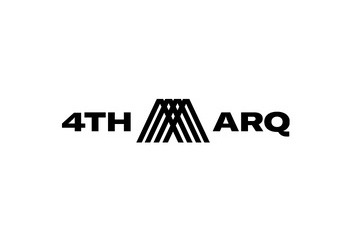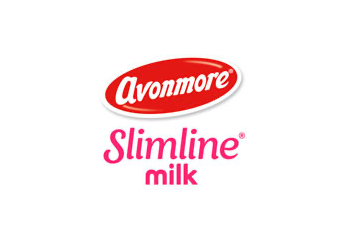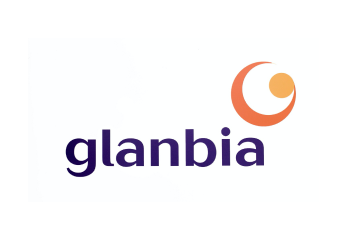Research into Triple Negative Close to Publication
Triple Negative Breast Cancers (TNBCs) are characterised by high rates of metastases, relapses and chemoresistance. It is now well recognised that breast cancers are not all the same and can be divided into a number of subtypes, which need to be treated differently. When compared to other subtypes of breast cancer, TNBCs often have the poorest outcomes, due to several reasons. They have no targeted therapies, they have often spread by the time they are diagnosed, and they are very ‘variable’ (or heterogeneous) meaning that there are likely to be multiple cancer genes driving TNBCs. TNBCs also more often occur in younger women, women in certain ethnic populations (African American) and women who carry germline BRCA1 mutations.
We have also known for some time, that even within the TNBC subtype classification, we have TNBCs who do exceptionally poorly. We refer to these as ‘Poor Outcome’ TNBCs (PO-TNBCs). Pioneering research funded by Breast Cancer Ireland through the Great Pink Run with Glanbia and carried out by Dr Paul Mullan, from the Centre for Cancer Research and Cell Biology at Queens University Belfast, has shown that Poor Outcome-TNBCs show particular hyperactivation of a pathway called Transforming Growth Factor-Beta, or TGFβ. In this pathway, they have identified several proteins that seem to drive this very aggressive biology (TGFβ2, GLI2, Survivin, Slug). We also know that this is made worse by hyperactive SRC/AKT signalling, these proteins are kinases which generate a signalling loop, which helps maintain aggressive Transforming Growth Factor-Beta signalling.
This research has identified a way to reverse this aggressive TGFβ biology using inhibitors like Dasatinib. Dasatinib is a SRC inhibitor, which prevents the SRC kinase from sustaining TGFβ signalling in PO-TNBC cells, making them less able to spread and making them more sensitive to current chemotherapy treatments.
This research has also identified a number of other inhibitors (in addition to SRC inhibitors) which impact upon this pathway, the net result being that Poor Outcome-TNBC cell lines are much less likely to spread and to survive chemotherapy. Dasatinib is currently used in leukaemia treatment, particularly in chronic phase leukaemias, where the disease has stopped responding to front line therapies. When administered on its own, it does not appear to have adverse effects in this disease setting.
Following publication of the research, Dr Mullan and his team hope to design a clinical trial to test the efficacy of SRC inhibitors like Dasatinib, alongside conventional chemotherapy for TNBC (for example, FEC), to determine if we can improve the survival of the Poorest Outcome TNBC patients
Aisling Hurley, CEO of Breast Cancer Ireland comments “Over the years we have met so many women, young women in particular, diagnosed with Triple Negative Breast Cancer and we identified the lack of research into this subtype. Our investment into this particular research three years ago, is now coming to fruition, with new improved targeted therapies for patients on the horizon. Funds raised from our successful Great Pink Run with Glanbia and the 100k in 30days were channelled into this unique piece of research, allowing us to continue our efforts to improve the landscape for many patients diagnosed with Triple Negative into the future”.

















